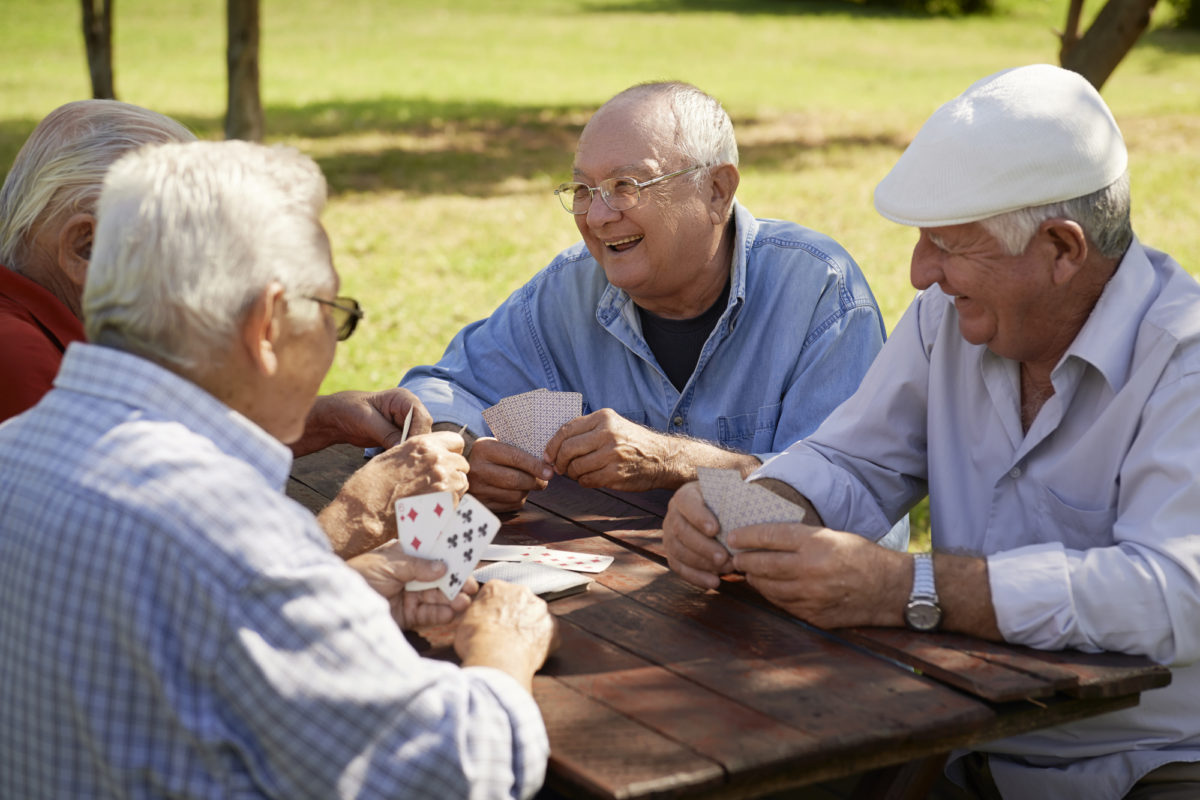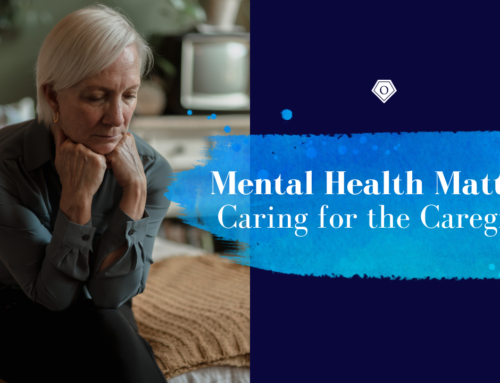The Alzheimer’s Association shared that more than 6 million Americans of all ages have Alzheimer’s in their 2021 Facts and Figures Report.
The report also shared that people age 65 and older survive an average of four to eight years after a diagnosis of Alzheimer’s dementia, yet some live as long as 20 years with Alzheimer’s. The data reflects the slow, uncertain progression of the disease.
The weight of a diagnosis can cause many people living with the disease to retreat and isolate themselves. Isolation is the exact opposite of what they need!
If a friend shares their diagnosis, the best thing you can do is keep being there for them and their family in practical ways.
Recently, The Wall Street Journal wrote a beautiful article about how people are maintaining friendships after an Alzheimer’s diagnosis.
Here are great tips they had to offer:
Focus on your friend, says Darla Fortune, who conducted a study on maintaining long-term friendships. Notice what interests them, makes them smile and laugh, and what makes them uncomfortable.
Be frank with your friend, says Arthena Caston, who has early-onset Alzheimer’s. “It’s a terminal diagnosis, and a lot of people don’t want to hear that, but it is.”
Adjust says Beth Kallmyer of the Alzheimer’s Association. If you and your friend liked to play cards, keep playing them. Maybe not bridge, but something less complex like 21.
Don’t be afraid of silence, says Abbe Smerling, whose long-time friend has Alzheimer’s. Tell stories and share news and updates, even if you get no response.
By remaining in your friend’s life, you offer them a sense of routine, emotional support and give their family caregiver time to recharge. Friends are critical at every stage of life, but especially during times that feel uncertain.
A good friend:
- Accepts you as you are
- Is non-judgemental
- Listens without waiting to respond
- Offers their time
- Is a confidant
- Respects each other as equals
While conversation or activities may change, you can still be a good friend in all the ways that account and make a difference in your friend’s life. Each patient progresses through stages of the disease at different rates. However, there is often plenty of time when those living with Alzheimer’s can engage with others in meaningful, albeit a little different, ways.
Keep in mind:
- Don’t take misremembering personally
- Fear, grief, and loss are normal feelings for someone with dementia
- They may forget your name, but they will remember that they like you
- Remind yourself that they need a good friend
- People living with dementia are working very hard to deal with confusion and symptoms
You do not have to correct their mistakes, miscommunications, or stories. By simply listening or adapting an activity you used to share, you offer immense support.
Rather than fearing what will be lost to the disease, accept your friend for who they are right now. Don’t worry about what is no longer possible.
Lean into the unknown with your friend instead of backing away and regretting those actions in later years.
To learn more about Dementia & Alzheimer’s home care, click here.






